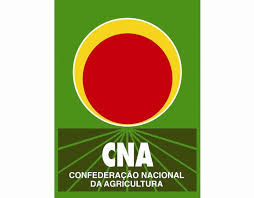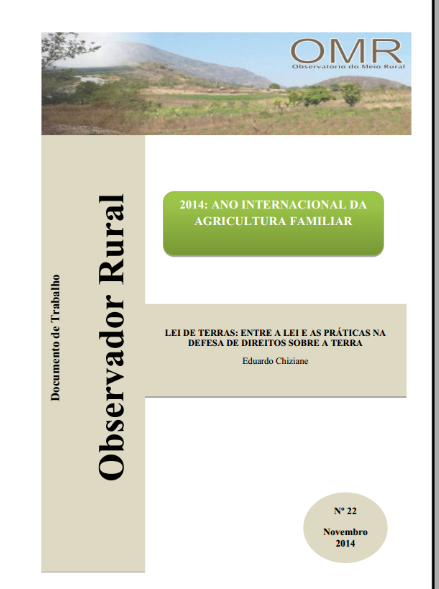Facts about Zambia Agriculture Sector
Zambia Agriculture Development Goal:
Reduce poverty through broadbased income growth for those in the agricultural sector
Zambia’s Economic Achievements:
Classified as low-middle income by World Bank
GDP growing at 6% per annum
Agricultural growth rate at 7%, above 6% CAADP Goal
Three consecutive maize bumper harvest years








